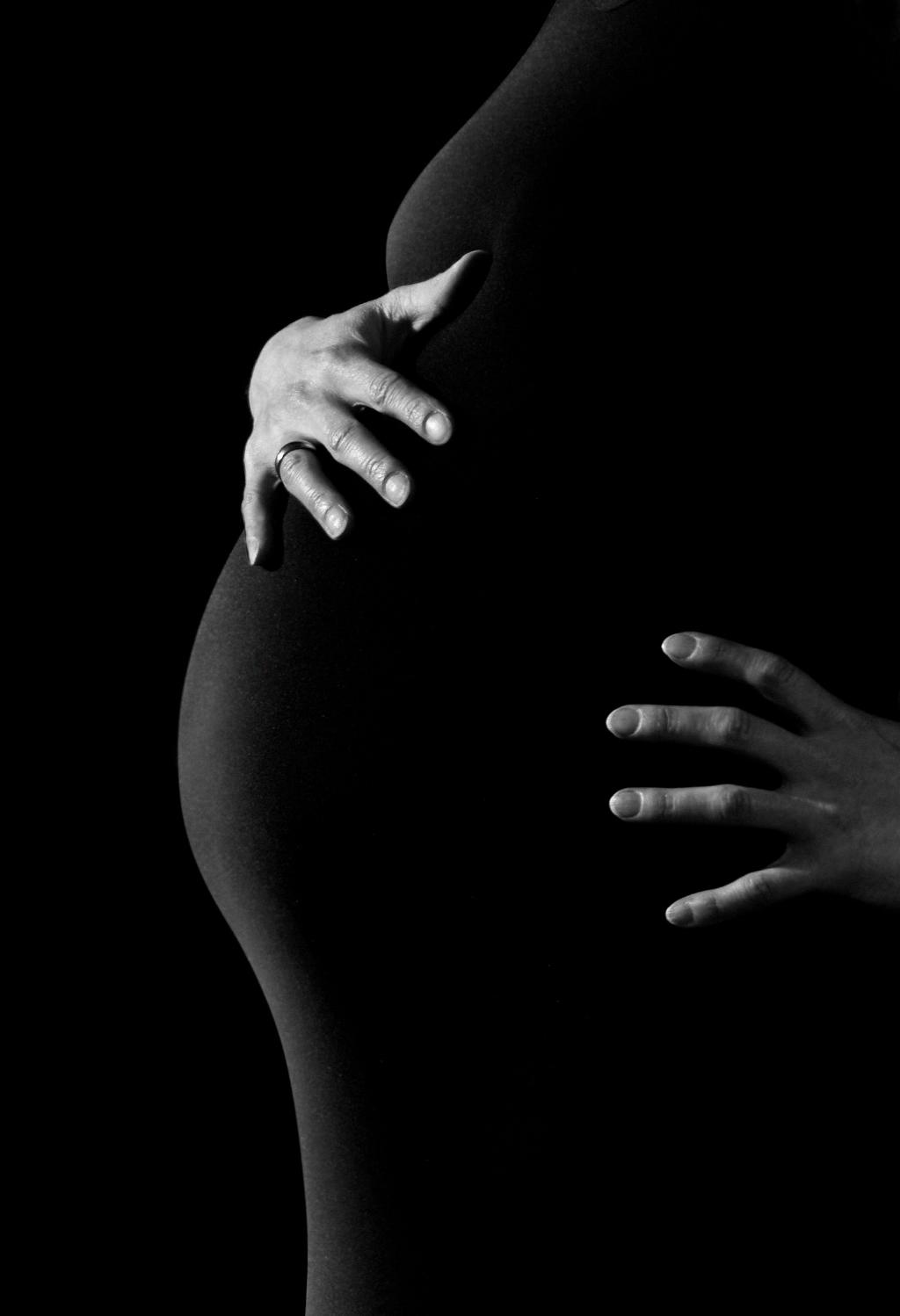Experiencing high blood pressure during pregnancy can be a cause for concern, as it may lead to complications for both the mother and the baby. It is essential to be aware of the symptoms and how it feels to have high blood pressure during pregnancy to seek timely medical attention.
Constant Headaches: A Common Symptom
One of the most common symptoms of high blood pressure during pregnancy is constant headaches. These headaches can be persistent and intense, often not alleviated by typical remedies. If you find yourself experiencing frequent headaches, especially in the second or third trimester, it could be a sign of high blood pressure.
Changes to Vision: A Warning Sign
Another symptom to watch for is changes to your vision. If you notice blurry vision, spots, or difficulty focusing, it could indicate high blood pressure. Vision changes during pregnancy should not be ignored, as they may be a sign of a serious condition known as preeclampsia.
Abdominal Pain: A Cause for Concern
Abdominal pain associated with high blood pressure during pregnancy can feel different for each woman. It may present as a dull ache or a sharp pain in the abdomen. If you experience persistent abdominal discomfort, especially if it is accompanied by other symptoms, it is crucial to consult your healthcare provider.
Nausea and Vomiting: Unusual Symptoms
While nausea and vomiting are common pregnancy symptoms, if they occur suddenly and persistently in the later stages of pregnancy, they could be related to high blood pressure. These symptoms, when combined with other warning signs, should not be ignored.
Feeling Restless or Anxious: A Sign of High BP
It is essential to pay attention to your emotional well-being during pregnancy, as feeling restless, anxious, or on edge could indicate high blood pressure. If you notice a sudden change in your mood or increased anxiety levels, it is crucial to discuss these symptoms with your healthcare provider.
Shortness of Breath: A Possible Symptom
High blood pressure can also manifest as difficulty breathing or shortness of breath, particularly during physical activity. If you find yourself struggling to catch your breath or feeling breathless without exertion, it could be a sign of high blood pressure and should be addressed promptly.
Swelling in Hands and Face: A Warning Sign
Excessive swelling in the hands, face, or other parts of the body, known as edema, can be a warning sign of high blood pressure during pregnancy. If you notice sudden or severe swelling, especially accompanied by other symptoms, it is essential to seek medical evaluation.
Feeling Fatigued or Weak: An Indication of High BP
High blood pressure can also lead to feelings of fatigue or weakness, even after adequate rest. If you find yourself unusually tired or lacking energy, it could be a symptom of high blood pressure and should not be overlooked.
Increased Urination: A Potential Indicator
If you notice a sudden increase in urination frequency, especially at night, it could be a potential indicator of high blood pressure during pregnancy. Changes in urination patterns should be monitored and discussed with your healthcare provider to rule out any underlying issues.
Chest Pain or Palpitations: Symptoms to Watch For
Chest pain or palpitations, although less common, can also be symptoms of high blood pressure during pregnancy. If you experience chest discomfort, tightness, or irregular heartbeats, it is crucial to seek medical attention promptly to ensure your well-being and that of your baby.
Conclusion
High blood pressure during pregnancy can present with various symptoms that may impact your well-being and the health of your baby. It is essential to be vigilant and proactive in monitoring your health, recognizing warning signs, and seeking medical guidance when necessary. If you experience any of the symptoms mentioned above or have concerns about your blood pressure levels, do not hesitate to consult with your healthcare provider for appropriate evaluation and management.

